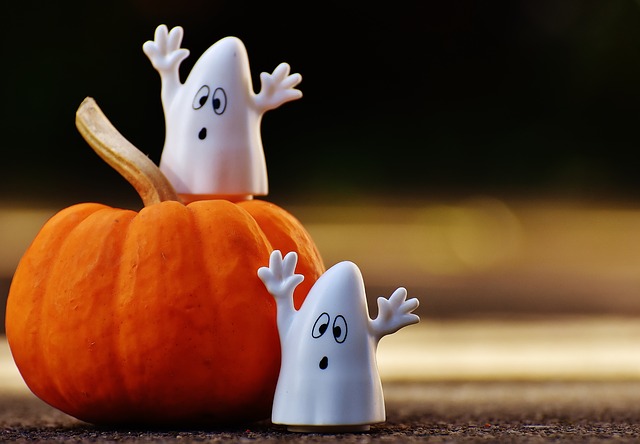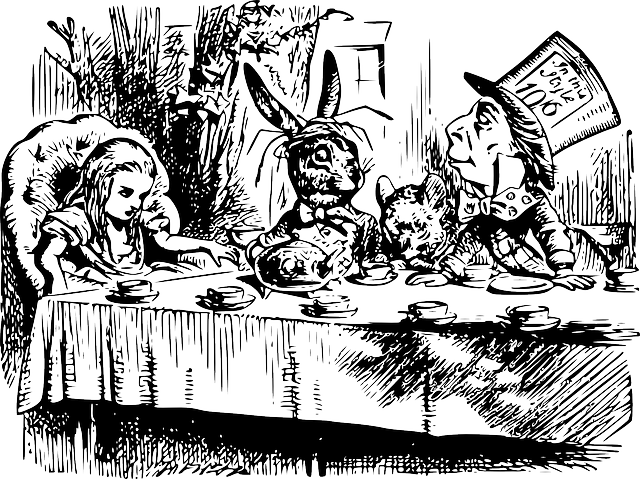Recently, I came across a video of comedian Chelsea Handler explaining New Jersey slang to her audience, and, being a Jersey girl by birth, it immediately captured my interest.
It also reminded me that wherever we hail from or live now, there are words that we take for granted but may perplex outsiders — loonie, anyone? In fact, if we understand these terms, we can pass for natives of said location.
Apparently, Ms. Handler moved away from Jersey at a young age, so she had to guess at the meanings of some of the words, but I won’t do the same. For all of you who have ever watched The Sopranos, Jersey Shore or the Real Housewives of New Jersey, here are some words that may have mystified you. In fact, when you take a trip to the City (aka NYC), they may come in handy.
- The Boss: We’re talking leadership here, but in the world of music. The Boss is the nickname of music icon Bruce Springsteen, the artist behind such hit albums as Born in the U.S.A. and Darkness on the Edge of Town. Springsteen is a Jersey boy who played some of his earliest gigs at the Stone Pony bar in Asbury Park at the Jersey Shore. His moniker derives from his role of distributing the money for a gig to band members during the early days of his musical career, but today, as a musical icon, he has someone else doing that job!
- Benny: A daytripper to the shore from northern Jersey; the name may have developed as an acronym for the stops along the train line before cars were ubiquitous: Bayonne, Elizabeth, Newark, New York.
- Disco Fries: New Jersey’s answer to poutine: French fries served with brown gravy and melted mozzarella cheese on top.
- D’Jeet Jet – Strung together slangily, the words in this phrase translate to: Did you eat yet? (Or using correct grammar, Have you eaten?) The usual response is, “No, D’jew? (No, did you?)
- Down the Shore: Going to one of the many New Jersey beaches – Asbury Park, Point Pleasant, Seaside Heights — as in “I’m going down the shore.”
- JBJ: Another present-day NJ musical hero: John Bon Jovi.
- Jersey Slide: Cutting from the left lane across multiple lanes of traffic to the exit – not exactly safe, but not uncommon, either.
- Jughandle: On a divided road, a right-hand exit that loops around to let the driver make a left turn; shaped like the handle on a jug.
- New Jersey Devil: The mythical creature after which the NHL team is named. It supposedly resides in the state’s Pine Barrens and has hooves, horns and bat wings. An incentive to eschew hiking in the Pine Barrens at night!

- Shoobie: A day-tripper to the Jersey shore from the south; the name ostensibly derives from the lunches they would bring along in shoeboxes in days gone by.
- Taylor Ham: A breakfast meat, shaped like a salami, that is sliced and pan fried. It’s also called pork roll.
So, study hard! Once you memorize these terms, it’s time to work on the accent. Cawfee, anyone?










 When Alice asks Humpty-Dumpty about the meaning of the word, slithy, from Carroll’s nonsense poem, “Jabberwocky,” the clever egg replies, “Well, ‘slithy’ means ‘lithe and slimy.’ ‘Lithe’ is the same as ‘active.’ You see it’s like a portmanteau—there are two meanings packed up into one word.” (
When Alice asks Humpty-Dumpty about the meaning of the word, slithy, from Carroll’s nonsense poem, “Jabberwocky,” the clever egg replies, “Well, ‘slithy’ means ‘lithe and slimy.’ ‘Lithe’ is the same as ‘active.’ You see it’s like a portmanteau—there are two meanings packed up into one word.” (

